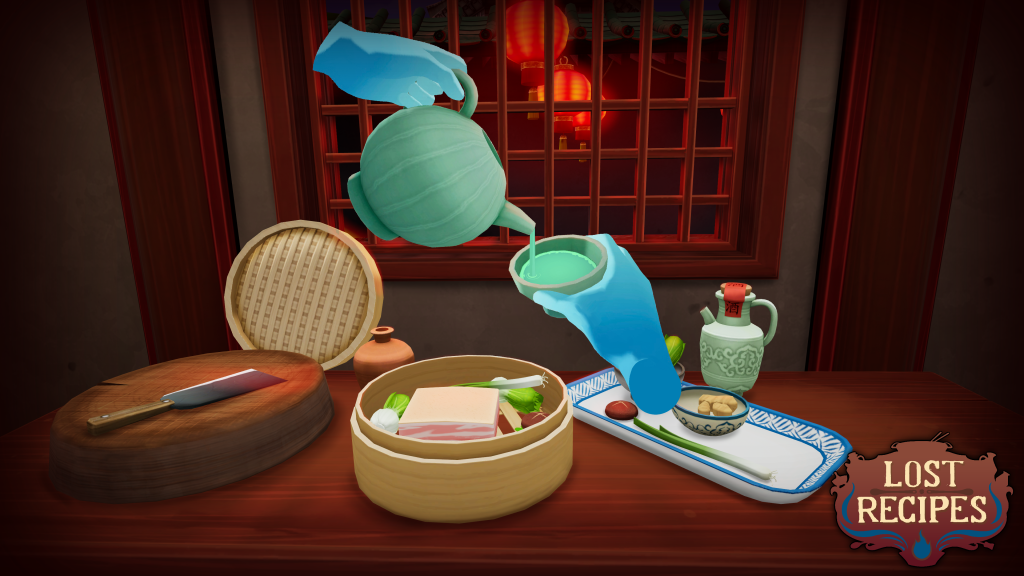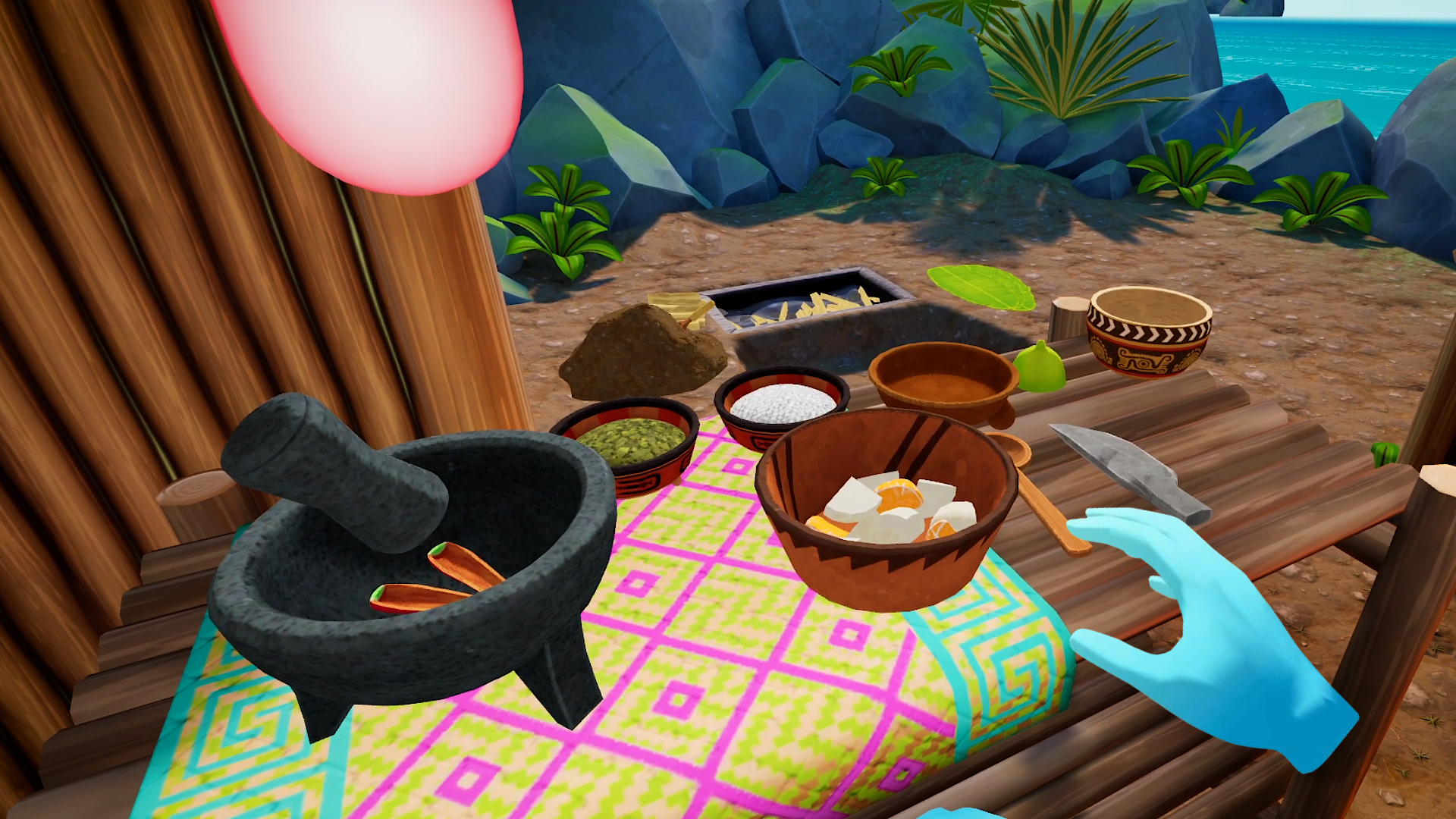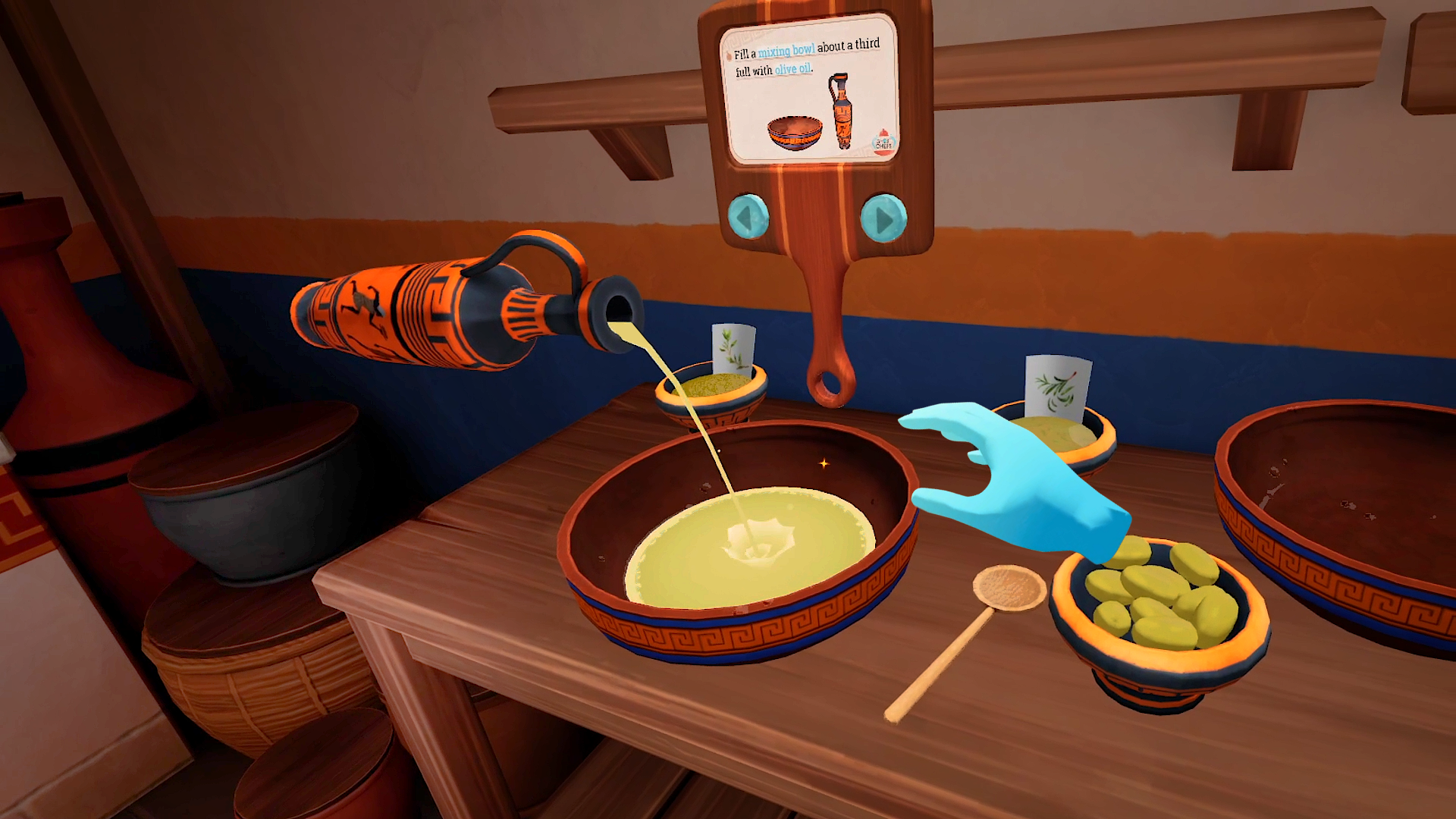Why Authenticity Matters in Educational Games
February 17, 2022 / by Schell Games
You don’t have to look hard to find the word “authentic” or “authenticity” being used to describe something these days. According to the Cambridge English Dictionary, authenticity is “…the quality of being real or true.” Consumers are increasingly interested in products, services, and experiences that feel true and exhibit integrity. This desire for authenticity can be found in everything from meals we eat at restaurants to the clothing we wear and even the games we play.
Speaking of games, the conversation around authenticity or creating representative experiences shouldn’t be an afterthought or some proverbial whipped cream added to a finished product to make it appear more inclusive or diverse. It should shape the project through all phases of development and be closely monitored as the project evolves. It’s about facts and intent. It explores the “why” behind how a team approaches or does something. Audiences can easily sniff out the difference between something created from a place of genuineness vs. being designed to score brownie points or check a box.
At Schell Games, the concept of authenticity is one we have always taken to heart. Over our twenty years of developing games, learning tools, and experiences, we embrace a spirit of exploration and iterate from our previous projects. We’ve learned that pairing education and entertainment can lead to some powerfully transformative experiences, and we’re firm believers that educational games don’t have to be boring. Inherently, developing educational experiences requires a heightened authenticity level, supported by existing facts and research. If you skimp on due diligence, it can make for a tenuous product that doesn’t resonate with players, or worse, insults them.
Nearly all of our projects incorporate some degree of research and consulting, and it is especially true for our educational, original virtual reality titles. Not only do you have to consider factual accuracy, but you also have to unpack the immersive experience or the feel of the game when a player is in a VR headset. We did this with HoloLAB Champions, our award-winning VR chemistry lab skills game, and especially in our most recent release Lost Recipes.

Lost Recipes places players in the heart of historically-accurate kitchens to cook for ghosts from ancient Greece (400 – 500 BCE), Song Dynasty, China (960 – 1279 CE), and the Yucatan Peninsula, Maya (1500 – 1600 CE). These ghosts long to pass on the traditional recipes of their favorite dishes, and players use authentic ingredients, utensils, and techniques to recreate tasty dishes.
The challenge: How do you recreate ancient kitchens, recipes, methods, and cultures that no longer exist? To ensure Lost Recipes’ accuracy and authenticity, we partnered with subject matter consultants comprised of professors, researchers, and language experts, to fill in the blanks. For instance, in the Maya era, we couldn’t be sure whether “Xocoatl,” a Maya recipe for hot chocolate, was truly Maya or more Aztec. Moreover, we didn’t know what a Maya knife looked like in 1500. Museums could tell us how ancient ovens looked, but the tools used in those ovens or the techniques employed aren’t as well documented.

The research we did can be found in two different ways within the game. Much of it can be seen and examined as part of each environment. Players will discover authentic tools, ingredients, and cookware used in each time period. Players will also get historical facts delivered by the ghosts they encounter in each kitchen. The ghosts provide information via audio cues as they interact with the player. They will tell players why a certain ingredient might be used or if the dish is made to celebrate a certain holiday.
Apart from the game’s content, our pursuit of authenticity is apparent in Lost Recipes’ atmosphere. We made it a point to find native speakers from each location to give our ancient ghosts voices that felt real and aligned with the historical facts and flair that guides players through the kitchens. We even looked at the language of each civilization we included in the game. For example, in Maya, so much of the language from that geographical area is now Spanish or was taken from Spanish. But the Maya people, before the Columbian Exchange and before the Spanish came to the area, had their own language. And they still have their own language. It was very important for us to bring parts of the original language into the game.
All in all, our efforts and the contributions of our subject matter consultants created a unique, relaxing VR game that combines engaging gameplay with educational value. We love to see influencers and media outlets try their hand at some of the recipes in some of the games (even without consulting the companion recipe book.)

When done right, representation in games can resonate across cultures, ethnicities, and generations, but it has to be rooted in a truthful, respectful, authentic experience. We know authenticity in a cooking simulator might not change the world. However, it doesn’t mean game development can’t create some pretty amazingly unifying and educational experiences when the worlds, people, and cultures represented in a game are approached with concern and care.
To experience the authenticity of Lost Recipes for yourself, visit the website or pick up the game on the Meta Quest store.
